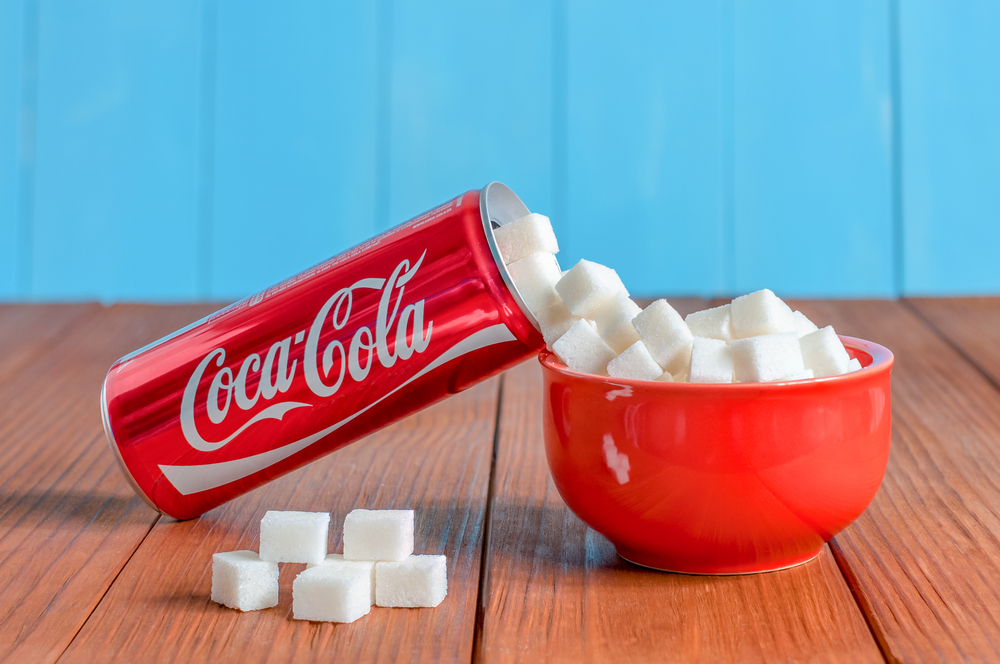Coca-Cola is funding a new organization called The Global Energy Balance Network. The organization is emphasizing the importance of exercise over diet in improving personal health and curtailing obesity. Some health experts are now concerned that the company is trying to deflect criticism of the health effects of its products, as “sugary drinks” are often heavily associated in the media with the obesity epidemic. According to the non-profit organization, it is physical inactivity that causes obesity and other health issues, not soda.
In a recent video, Global Energy Balance Network’s Vice President Steven N. Blair said that it is the media that is blaming the obesity epidemic on people consuming too much fast food and sugary drinks.
“And there’s really virtually no compelling evidence that that, in fact, is the cause,” Blair said. “Those of us that are interested in science, public health, medicine, we have to learn how to get the right information out there.”
Blair went on to argue that people are becoming obese because they’re not burning enough calories, focusing his solution on exercise as a solution instead of focusing in the need for less consumption of fast food and sugary beverages like soda. His advice comes after Coca-Cola’s donation of $1.5 million to the organization in 2014. The company has also donated about $4 million in research funding to two of the new organization’s members, Blair and Gregory A. Hand, the dean of West Virginia University’s School of Public Health.
According to a recent New York Times report, Coca-Cola is working with GEBN to promote a new “science-based” solution to stop obesity. Coca-Cola, the leader of sugary drink production worldwide, wants people to focus less on poor diets and more on exercise.
“There is sufficient scientific evidence that decreasing sugar-sweetened beverage consumption will reduce the prevalence of obesity and obesity-related diseases,” according to Dr. Frank Hu, a professor of nutrition and epidemiology at the Harvard School of Public Health who has received no money from Coca-Cola throughout his career.
According to the Centers for Disease Control and Prevention, in the US one in every three adults is obese, costing the United States about $147 billion in medical fees each year, half of which are paid through Medicare and Medicaid. Harvard School of Public Health blames the prevalence of obesity in the US with the rise in sugary drink consumption. A 20-ounce soda contains 15 to 18 teaspoons of sugar and about 240 calories.
In a study published in 2001 in the journal Lancet, a team of researchers found that for every additional 12-ounce of sugar-sweetened drink consumed, both body mass index (BMI) and frequency of obesity increased in children. In a study published in the Nutrition Journal, in a similar timeframe, children drank down 60% more calories from sugary drinks between 1989 and 2008.
During the last four decades Americans increased their daily calorie intake by 300 calories, and about half of the calories came from sugary drinks. Evidence from some studies shows that exercise is not effective in people who have a poor diet, particularly in the case of sugary drinks. A study recently published in the British Journal of Sports Medicine, co-authored by Dr Malhotra, stated that a poor diet was a much more significant cause of obesity than a lack of exercise,
“Regular physical activity reduces the risk of developing cardiovascular disease, type 2 diabetes, dementia and some cancers by at least 30 percent,” the researchers wrote. “However, physical activity does not promote weight loss.”


